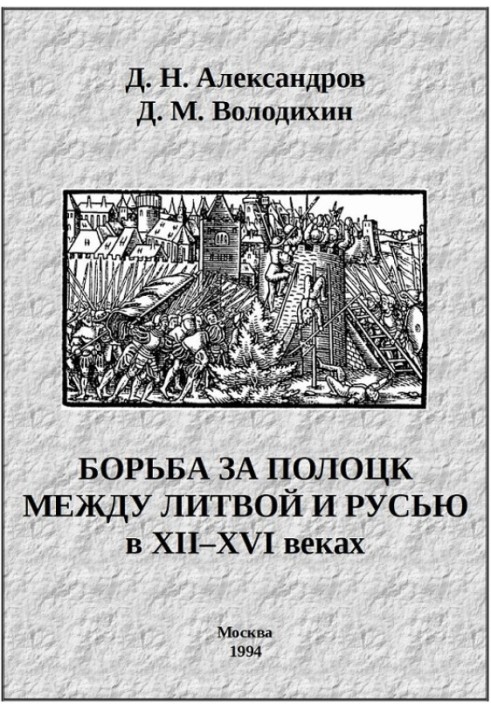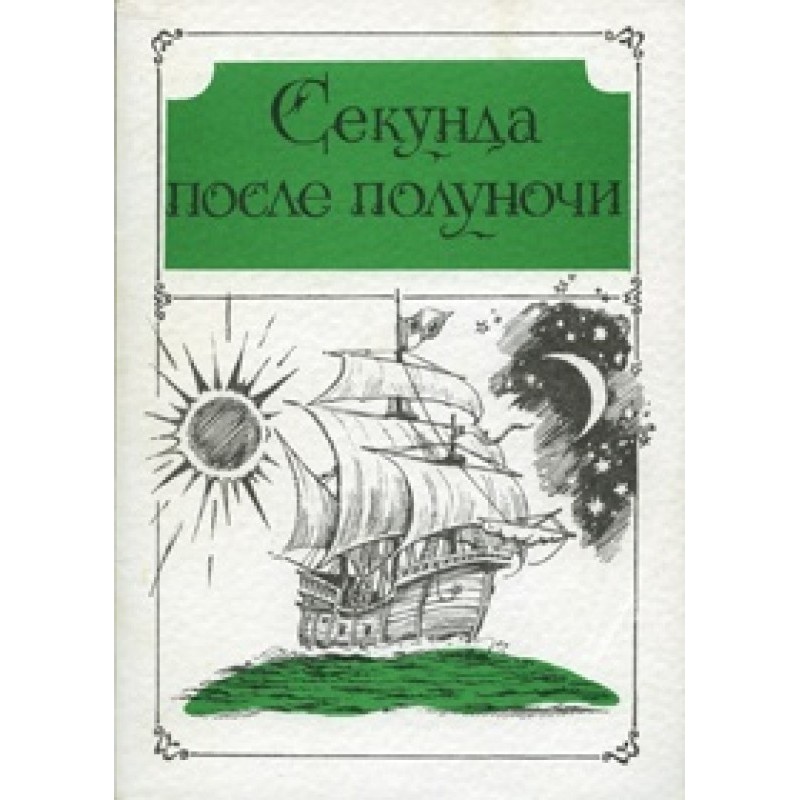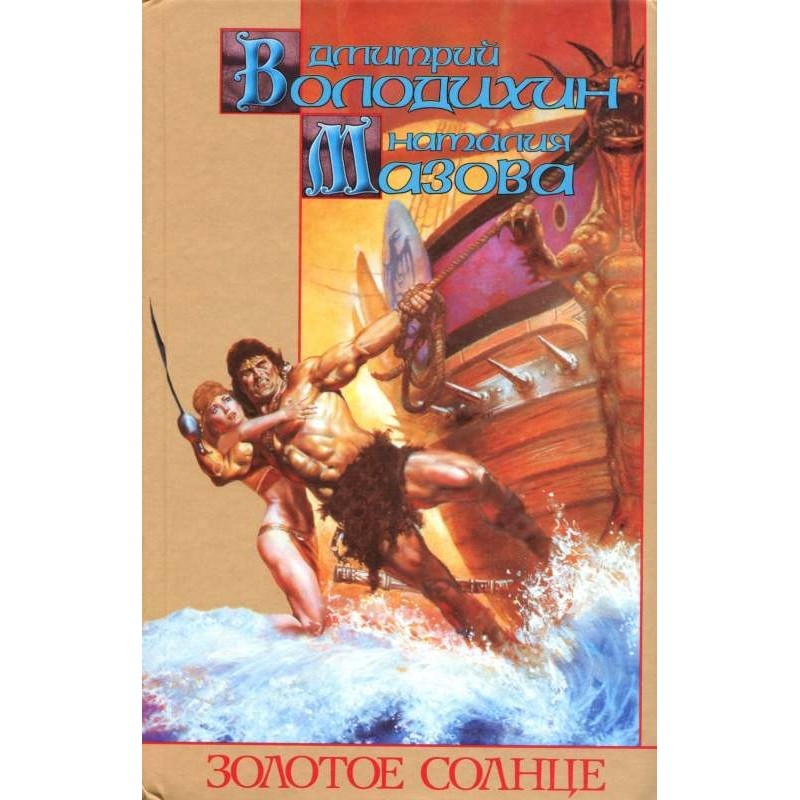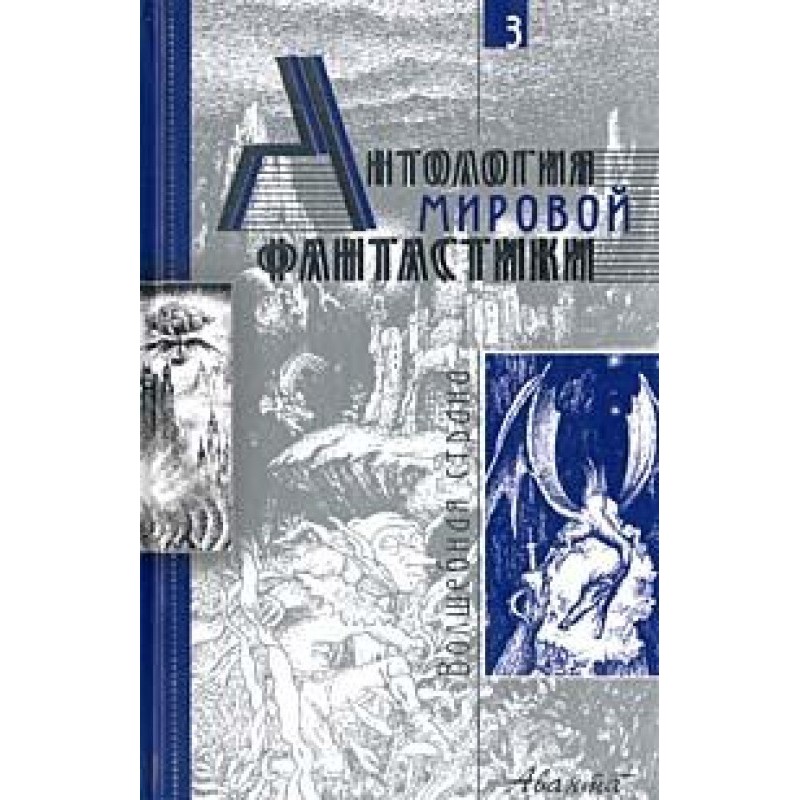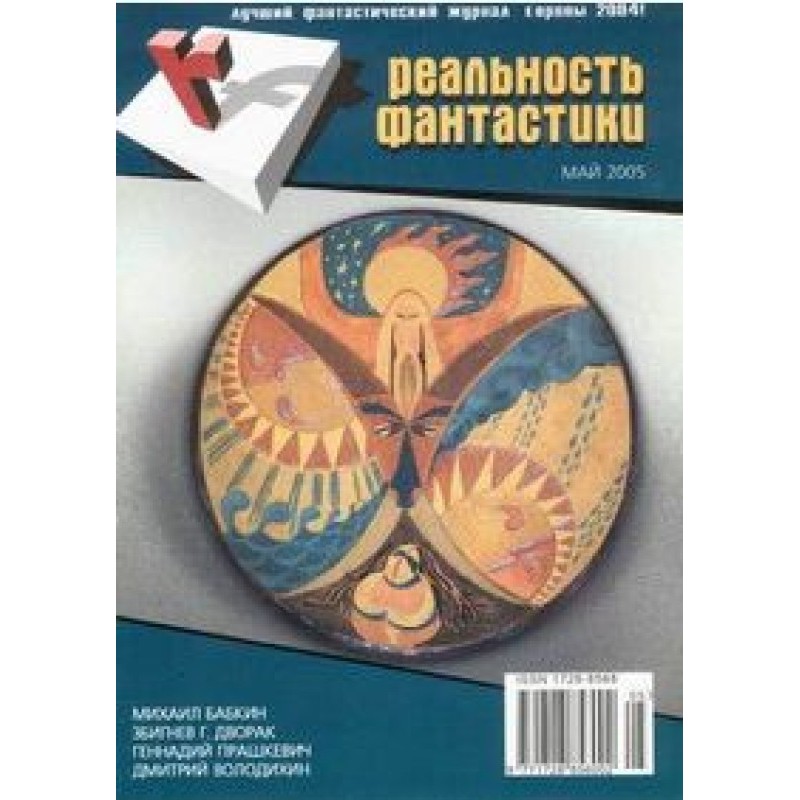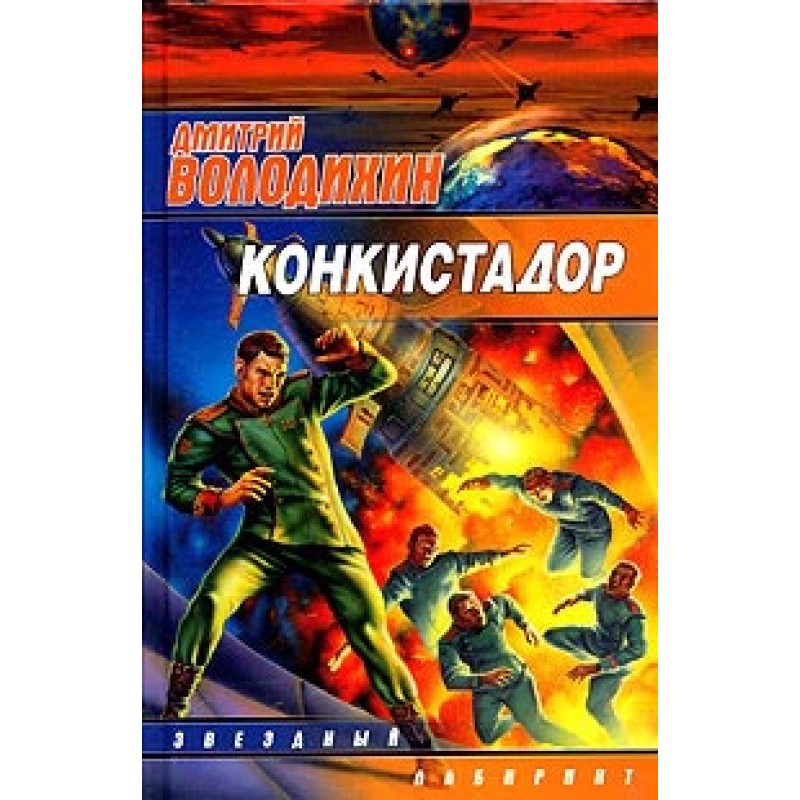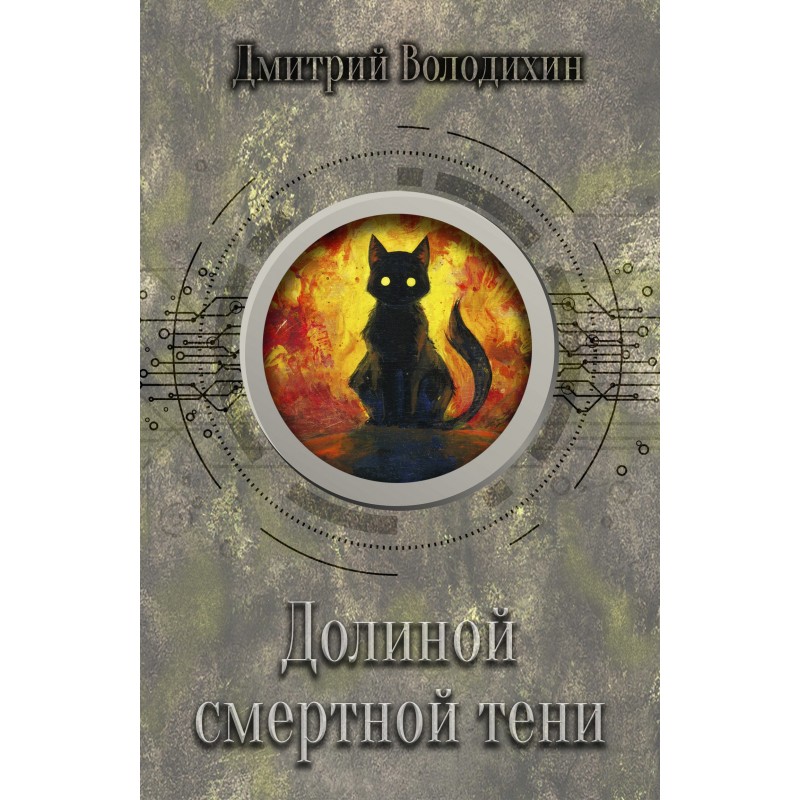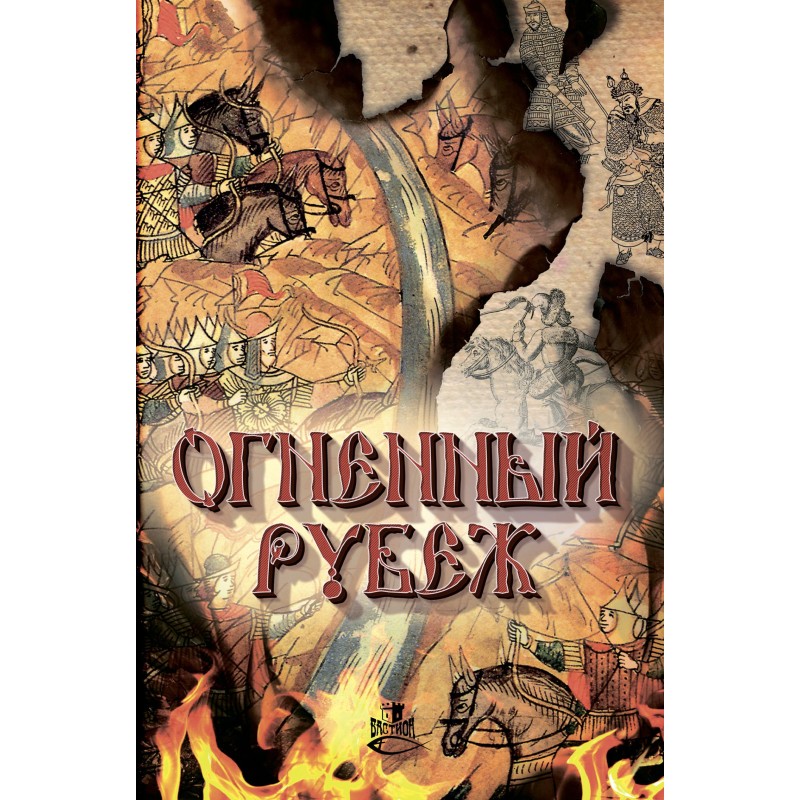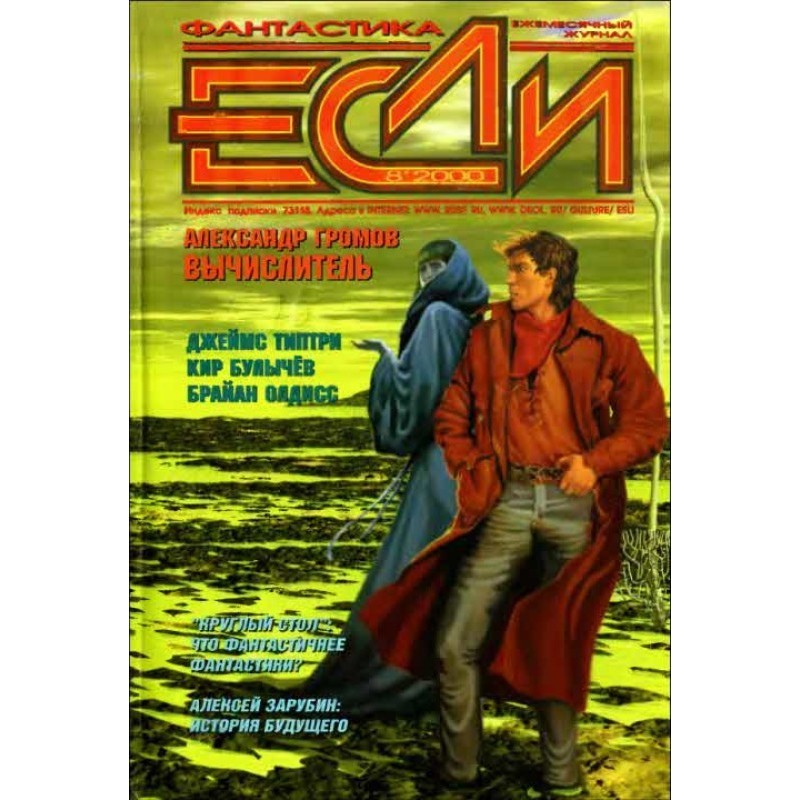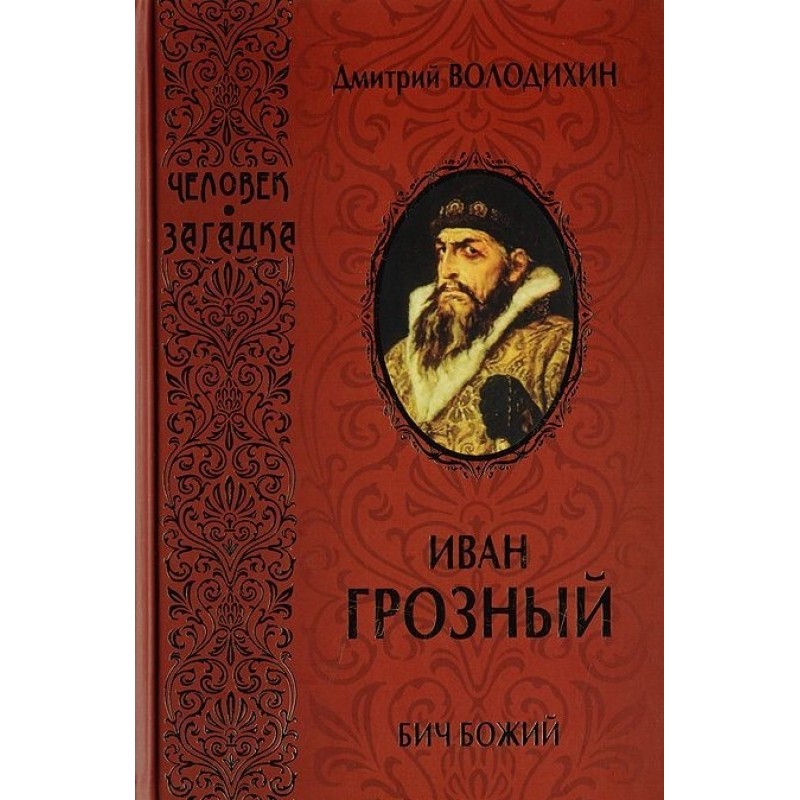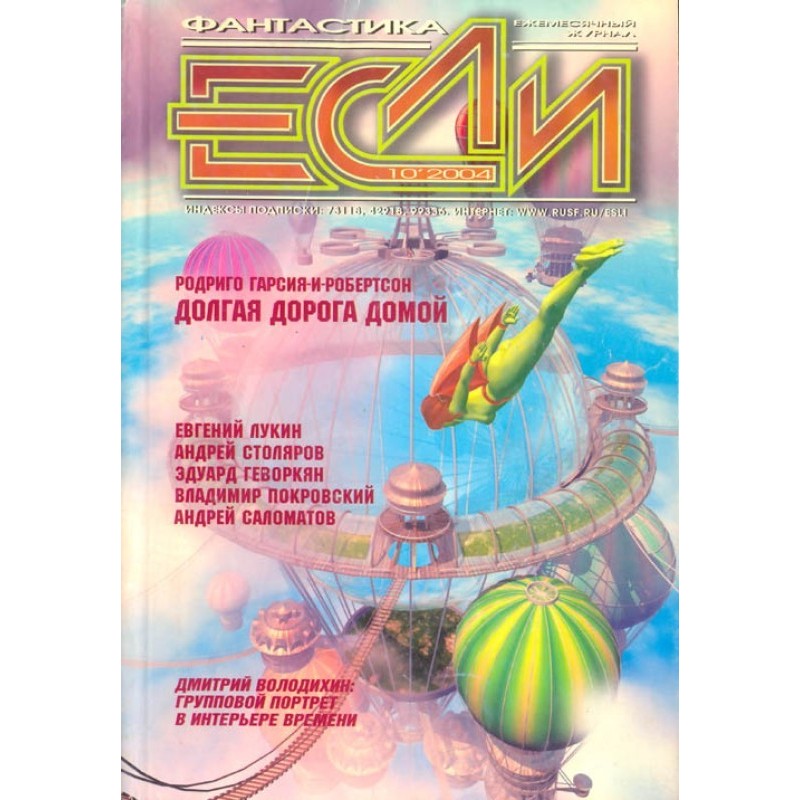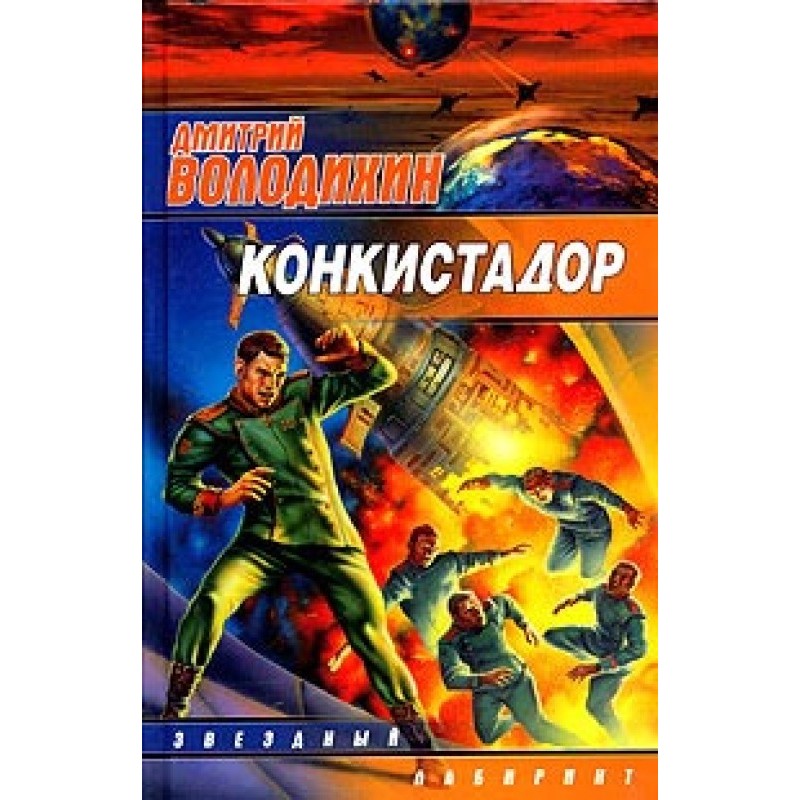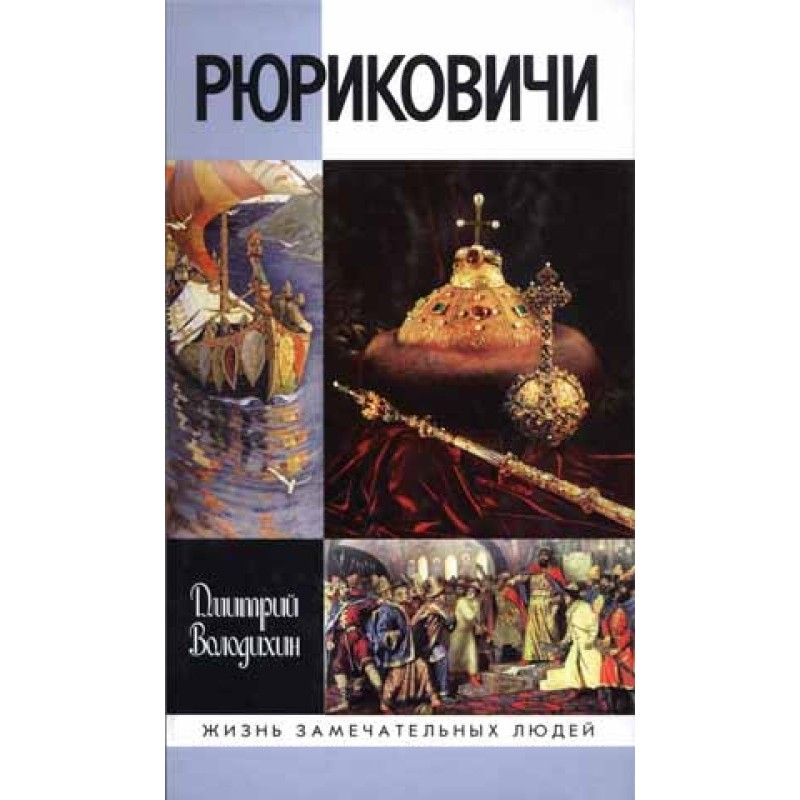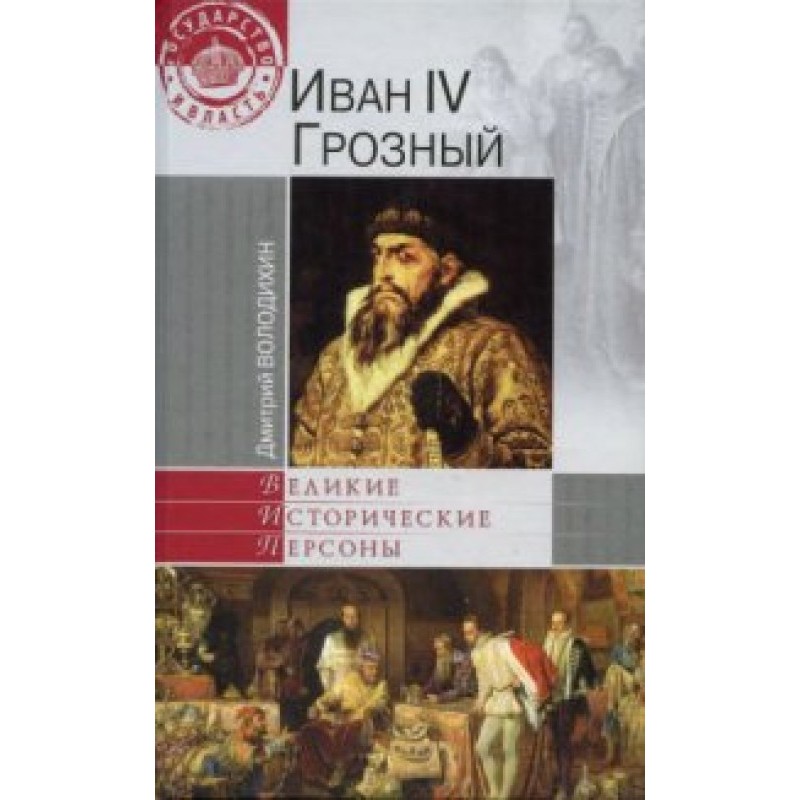The struggle for Polotsk between Lithuania and Russia in the 12th–16th centuries
 Instant download
Instant download
after payment (24/7)
 Wide range of formats
Wide range of formats
(for all gadgets)
 Full book
Full book
(including for Apple and Android)
In the history of medieval Rus' it is difficult to find a more controversial subject than the place of the Principality of Polotsk in its system. Connected with the rest of Russia by the commonality of initial destinies, the confession of Orthodoxy, language and writing, Polotsk at a turning point in its development became for many centuries part of not the Russian, but the Lithuanian state. The paradox of this phenomenon was that Lithuania, at first dependent on Polotsk, then gained the upper hand over it, but this could only happen after the Polotsk influence transformed Lithuania itself: the Russian language became its state language for a long time, and the princes of the Lithuanian dynasties nearby they rejected paganism and accepted Orthodoxy in the name of the triumph of unanimity with their Slavic subjects. This is how the Lithuanian-Russian state arose, which in the rest of Rus' was perceived as a related entity, although constantly fraught with military danger.
Data sheet
- Name of the Author
- Дмитрий Александров Николаевич
Дмитрий Володихин Михайлович - Language
- Ukrainian
- Release date
- 1994

